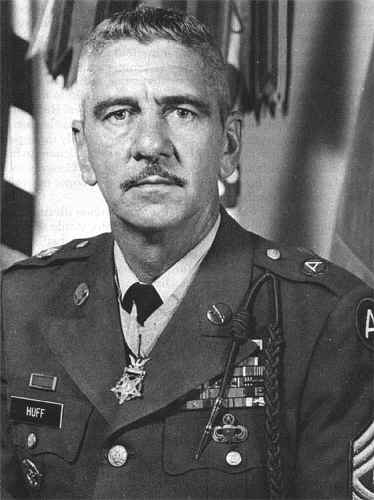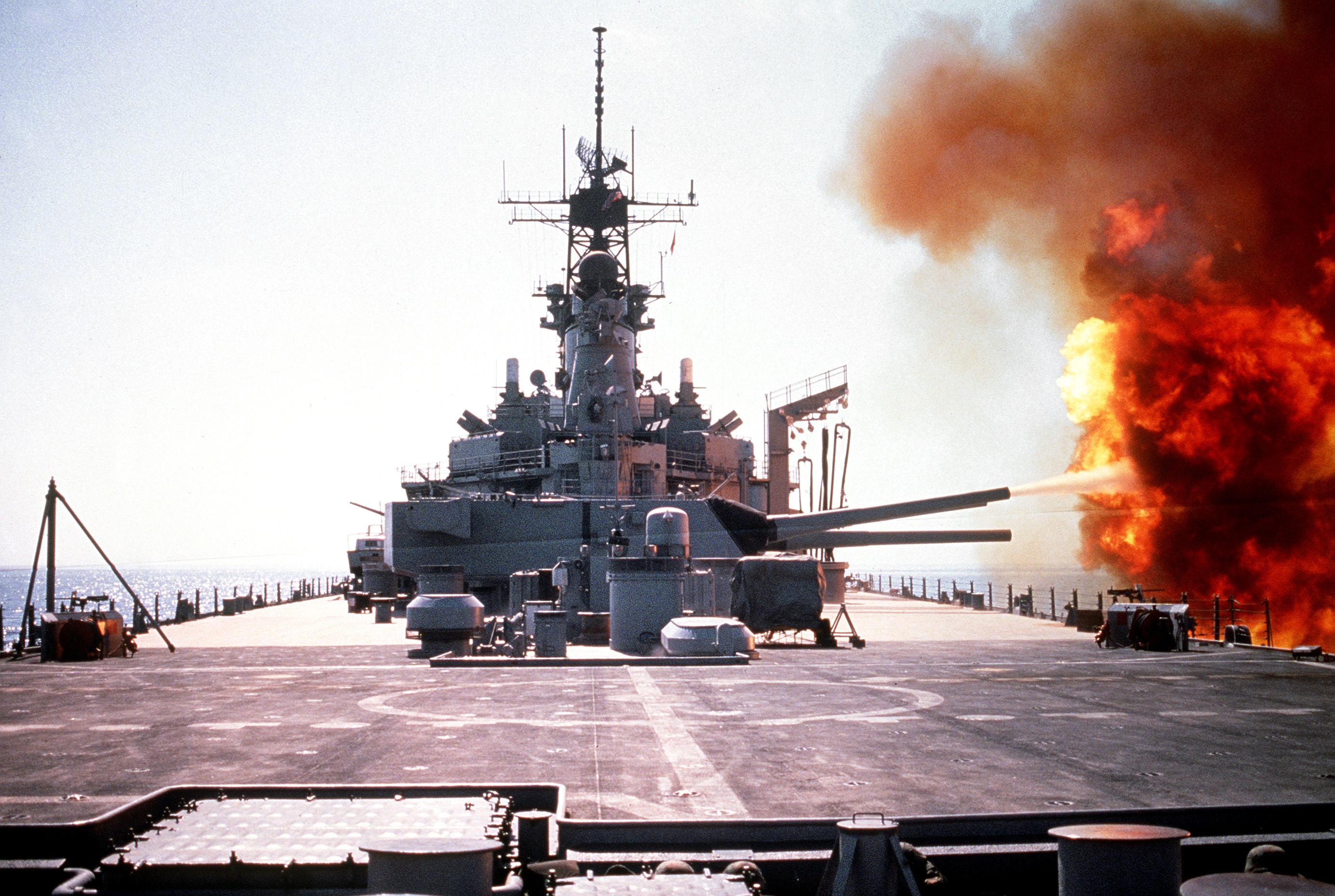February 8 in U.S. military history
1862: A day after 10,000 soldiers under the command of Brig. Gen. Ambrose Burnside, supported by a flotilla of Union gunships, land at Roanoke Island (N.C.), the Confederates surrender the island’s four forts and two batteries. Federal forces now control a strategically significant section of the Atlantic coast, and coupled with Gen. Ulysses S. Grant’s victory at Fort Henry in Tennessee two days ago, Northerners finally have something to cheer about.
1910: William D. Boyce incorporates the Boy Scouts of America. Countless boys will cut their teeth as young adventurers in Boyce’s scouting program before joining the military. When sub commander Eugene Fluckey – one of nine Medal of Honor recipients to earn the Boy Scouts’ top distinction of Eagle Scout – assembled a landing party to go ashore and destroy a Japanese train, he wanted former Boy Scouts to do the job, since they would be able to find their way back.
11 of the 12 humans to walk on the moon were Boy Scout alumni; and Neil Armstrong – the first – was an Eagle Scout.
1944: Near Carano, Italy, Cpl. Paul B. Huff of the 509th Parachute Infantry Battalion volunteers to lead a six-man element on a reconnaissance mission to locate the positions of enemy machineguns that have been targeting the Americans’ right flank. The patrol advances through exposed terrain through heavy machinegun and mortar fire, and Huff orders his men to remain behind while he crawls forward alone. Once he is within 75 yards of the enemy, he wipes out the crew with his submachine gun and destroys the gun. He then draws enemy fire from additional machineguns to determine the enemy’s location and strength, and returns to friendly lines.

Cpl. Huff then returns with a 12-man force, capturing the hill and routing a German company. For his intrepid leadership and combat skills, Gen. Mark Clark awards Cpl. Huff the Medal of Honor in Rome — one of just a few men to receive the nation’s highest award for combat valor without having been wounded during the action. Huff remained in the Army, earning a second Combat Infantryman Badge in Vietnam, and retired as a command sergeant major.
1980: Following the Soviet Union’s invasion of Afghanistan, President Jimmy Carter (formerly a lieutenant in the Navy’s submarine service) announces his intent to reinstate draft registration. Carter’s decision comes just four years after Pres. Gerald Ford (Eagle Scout and Naval officer during World War II) ended mandatory draft registration.
1991: A Marine reconnaissance unit in occupied Kuwait gives the Iowa-class battleship USS Wisconsin (BB-64) her first call for fire support in nearly 50 years. The 16-in. guns fire 29 rounds at Iraqi artillery positions, infantry bunkers, and a mechanized unit.
Today’s post is in honor of Cpl. Nathan B. Carse, who was killed by an improvised explosive device on this day in 2011 in Afghanistan’s Kandahar province. The 32-year-old native of Harrod, Ohio was the son of a Green Beret and was assigned to 2d Engineer Battalion, 176th Engineer Brigade.
